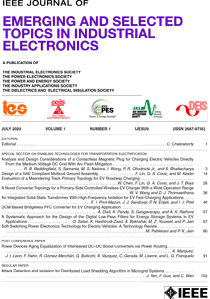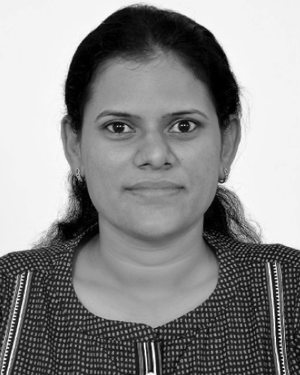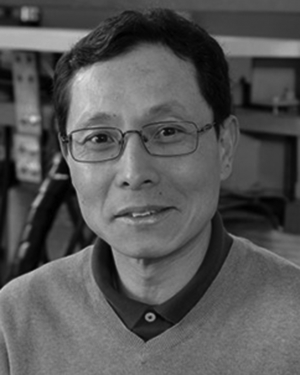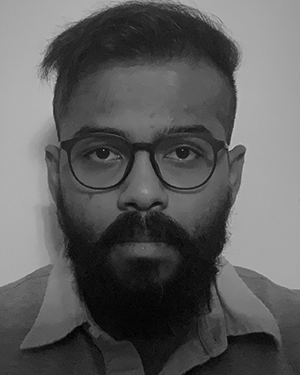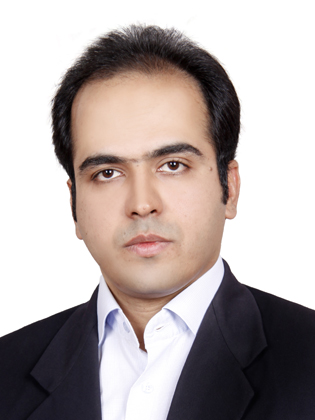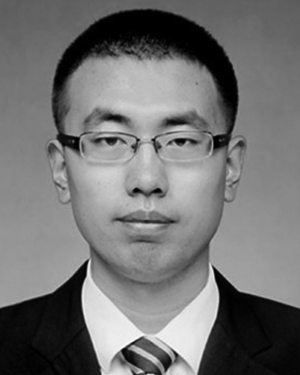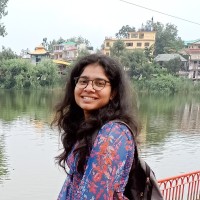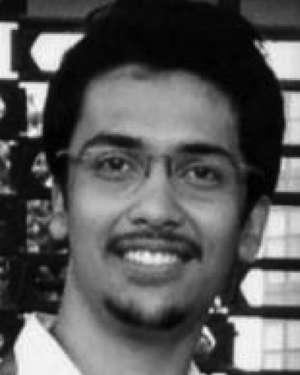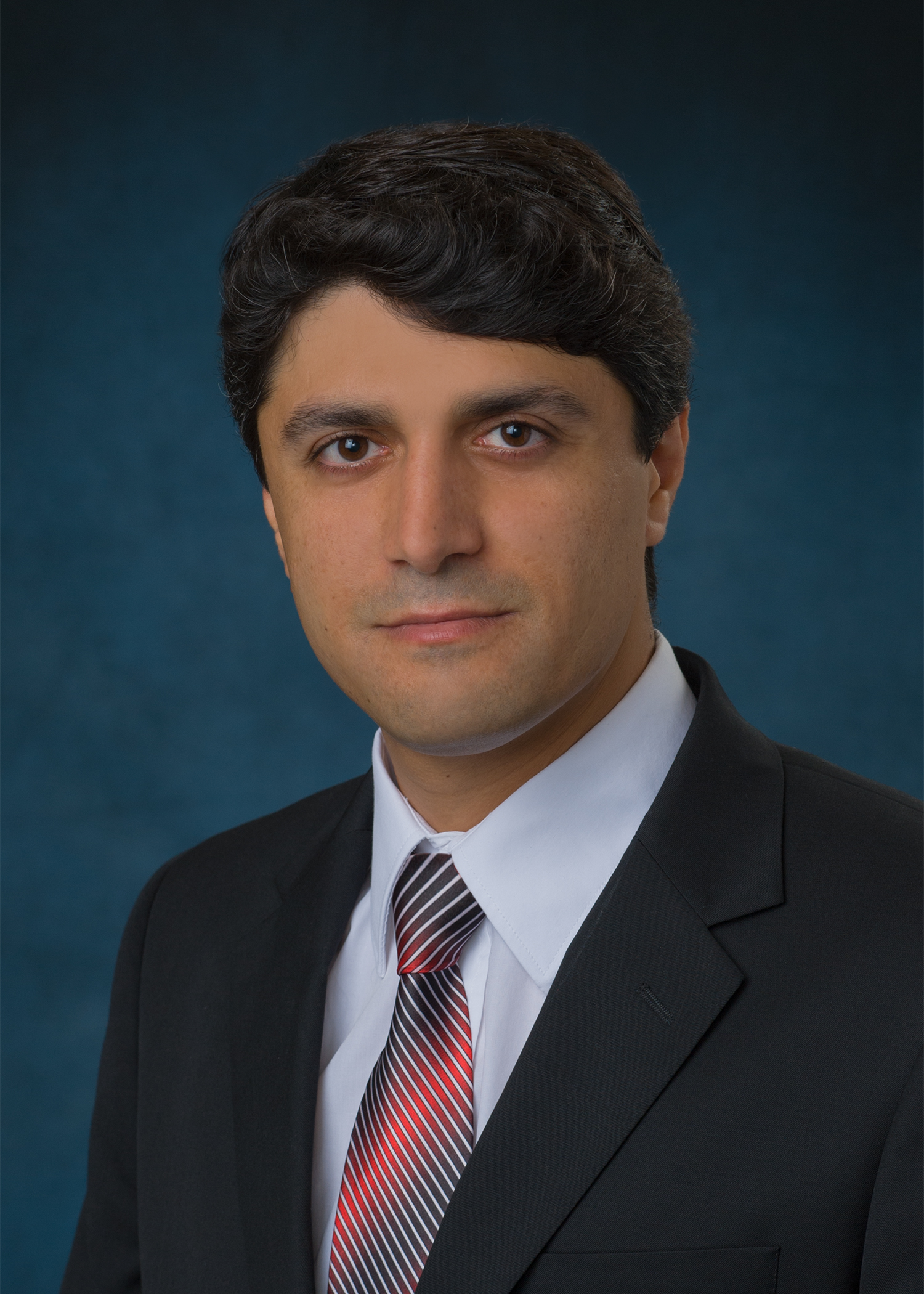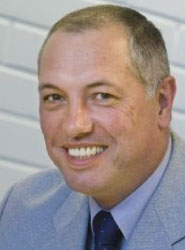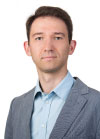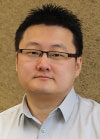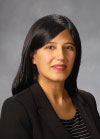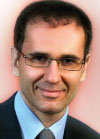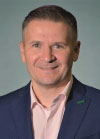JESTIE - Organizing Special Sections (SS)
Best practice for organizing Special Sections (SS) in IEEE JESTIE
- There should be preferably two and maximum three Guest Editors (GEs), when all GEs are from academia. It is strongly encouraged to have one or more experts as GEs from Industry. When GEs are from both academia and Industry or only from Industry, a Special Section may have upto a maximum of four GEs. GEs should be all experts on the subject-area and should preferably be from different countries. More than one GE from the same university/industry is discouraged. All GEs should individually confirm the EIC that they agree to organize the SS proposed. One of the GEs, who has enough prior-experience as an Associate Editor (AE) will do all communications with the EIC. Note that EIC may add one of the regular AEs of the journal or any other renowned expert as one of the GEs.
- The responsibility of organizing the SS is equal for all the GEs and it is not divided between them. All GEs are 100% responsible for taking any decision on any manuscript. All GEs are equally congratulated for the success of the SS.
- When submitting the proposal, the GEs should select an area that is EMERGING and having great potential (that is within the scope of JESTIE) and prepare the proposal in the prescribed format available from the EIC. SS should be on a focused area of research. SS out of a conference is not encouraged.
- When submitting the proposal, GE should submit also CVs of all GEs (maximum 5 page pdf-file for each GE, highlighting GE’s expertise in the proposed area of SS) and a list of reviewers (preferably not less than 50 names with affiliation and email address).
- The submitted-proposal is reviewed by the Steering Committee (SC) of JESTIE or by the experts suggested by the SC. Steering Committee may add one GE from the editorial board of JESTIE to the list of GEs of the SS.
- All papers submitted in the SS will be treated at par with the regular submissions of JESTIE. It is a good practice to have at least 3 reviews (optimally four) and preferably not more than six to take the first decision. All decisions at any stage should be taken within 40 days of the submission of the paper. It is preferred that no new reviewers are added for revised manuscript in subsequent stages of reviews.
- Reviewers should be experts in the area of the SS and to be selected from different countries. All reviewers should preferably not be from the same country. More than one reviewer from the same university is discouraged. Reviewers should not have any conflict of interest with any of the authors.
- GEs can submit manuscripts (maximum two authored or co-authored by them). These papers will be assigned to the other regular AEs of JESTIE as decided by the EIC. GEs should not handle any manuscript where they have any conflict of interest. GEs should refer these papers to EIC to handle.
- Each paper submitted to the SS should be handled by one of the GEs. Other GE/GEs should see that the review process is happening properly. GEs should regularly communicate to EIC with an EXCEL file showing who is handling which manuscript submitted to the SS. As the assignment of the papers will be done by the EIC through a common email address, it is not possible for the EIC to know who is handling which paper.
- GEs are encouraged (but not mandatory) to write a state-of-the-art article on the subject of SS. This will be assigned to a regular AE selected by EIC. GEs are expected to write a Guest Editorial to the SS (normally maximum 3-page including the GE-biography and photos). This preface will be overview of the articles those are accepted for the SS. In case the articles are split in to two or more issues, there will be only one such Editorial that will be published in the first issue. If there are less than 5 papers accepted in any SS, a separate SS will not be published and instead the papers will be published as regular papers.
The above points are best practices for organizing a Special Section in JESTIE. For details of rules and regulations, one is referred to the IEEE PSPB Operations Manual and also IES publications guidelines and policy.
JESTIE - Information for Authors
- All articles must be submitted via our submission site at:
- Peer review:
The articles in this journal are peer reviewed in accordance with the requirements set forth in the IEEE Publication Services and Products Board Operations Manual (https://pspb.ieee.org/images/files/files/opsmanual.pdf). Each published article was reviewed by a minimum of two independent reviewers using a single-anonymous peer review process, where the identities of the reviewers are not known to the authors, but the reviewers know the identities of the authors. Articles will be screened for plagiarism before acceptance. - ORCID is required for all authors
All IEEE journals require an Open Researcher and Contributor ID (ORCID) for all authors. ORCID is a persistent unique identifier for researchers and functions similarly to an article’s Digital Object Identifier (DOI). You will need a registered ORCID to submit an article or review a proof in this journal. Learn more about ORCID and sign up for an ORCID today.
- IEEE Manuscript Templates for Transactions/Journals can be found here.
- Addition of authors in subsequent stages of revised manuscript is not allowed without prior approval from the EIC. Authors need to submit substantial evidence to EIC to include additional authors.
JESTIE publishes the following category of papers:
- EXPRESS PUBLICATIONS
- PIONEERING WORK (PW): Fundamental/pioneering works with experimental verification are published under this category. Decision (ACCEPT/REJECT or MINOR REVISION) will be taken after the first review. There will not be any MAJOR REVISION. Minor revision may be asked by the AE and a maximum of two weeks’ time will be given to attend to the revisions recommended. The motivation of this category is to encourage submission of fundamental and pioneering work in areas that are within the scope of JESTIE. All papers accepted in this category will not be in queue and will be published immediately in the next issue in JESTIE. A manuscript in this category should preferably be within 8 to 12 pages (single spacing double column format) in length including photo and bio of the authors. As a decision will be taken after the first review, authors need to be careful in preparing the manuscript. PW papers should be very new such as opening a new area of research. Authors need not pay any extra page charge for PW papers.
- EXPRESS REGULAR (ER): An EXPRESS REGULAR (ER) promotes fast publication of research work that is novel. All decisions will be taken in the first stage of review itself. No major revision is allowed. Minor revision may be asked by the AE and a maximum of two weeks’ time will be given to attend to the revisions recommended. A manuscript in this category should be within 8 pages (single spacing double column format) in length including photo and bio of the authors. Mandatory page charges will apply beyond the first 8 pages if the manuscript becomes more than 8 pages after editing and final formatting by IEEE. Note that photo and bio are not mandatory.
- EXPRESS BRIEF (EB): An EXPRESS BRIEF (EB) promotes fast publication of a part of the research work that is novel. New developments of established concepts are also welcome. Authors must be very careful to prepare the manuscript as all decisions will be taken in the first stage of review itself. No major revision is allowed. Minor revision may be asked by the AE and a maximum of two weeks’ time will be given to attend to the revisions recommended. A manuscript in this category should be within a maximum of 6 pages (single spacing double column format) in length including photo and bio of the authors. Note that photo and bio are not mandatory. As the length of the manuscript is restricted to maximum 6 pages, no extra page charge will apply.
- REGULAR PUBLICATIONS
- REGULAR: Any research work that is within the scope of JESTIE having page length between 8 to 10 pages (including photo and bio of the authors) comes in this category. Decisions will be taken in a timely manner but several stages of revision may be asked by the Associate Editor and the EIC depending on the comments from the reviewers. At every stage, decisions may be ACCEPT/REJECT/MINOR or MAJOR revision. Mandatory page charge will apply beyond the first 8 pages. It is expected that a decision will be taken within a maximum of three REVISION unless there is a special case as decided by the AEs and the EIC.
- SPECIAL SECTION: SPECIAL SECTION (SS) papers are similar to the regular category but this is focused on the area of an SS. These papers are published clubbed under the corresponding SS. In case any SS doesn’t have at least 5 papers (accepted), such SS-papers will be published as regular papers in the journal.
- CONFERENCE: Manuscripts in conference category must cite the conference paper in the reference. Authors can submit papers from the conferences sponsored/co-sponsored by IES, DEIS, IAS, PELS and PES. Papers must be within the scope of IES and in emerging areas only as listed in the JESTIE website. Authors may submit modified and improved versions of the conference paper. Similarity-index should be below 50% considering all related publications including the "conference paper". Maximum page length at the time of submission to be between 8 to 10 pages (including photo and bio of the authors if authors prefer to add the same). Decisions will be taken in a timely manner but several stages of revision may be asked by the Associate Editor and the EIC depending on the comments from the reviewers. At every stage, decisions may be ACCEPT/REJECT/MINOR or MAJOR revision. Mandatory page charge will apply beyond the first 8 pages. It is expected that a decision will be taken within a maximum of three REVISION unless there is a special case as decided by the AEs and the EIC.
- LETTER: A letter is focused on a specific topic where authors would like to publish one aspect of some work. All LETTERS must have experimental verification of the proposed concept. A LETTER can be a maximum of 4 pages (single spacing double column format) in length without Photo and Bio. Note that for letters, Photo and bio are not required.
For JESTIE, all categories of papers require some form of experimental verification of the proposed concept except papers in some of the emerging areas such as in power systems, cybersecurity etc., where conducting experiments are almost impossible. All manuscripts must be within the scope of JESTIE. Authors are requested to regularly check the EMERGING and SELECTED areas in JESTIE-website. SS papers must be within the scope of the corresponding SS.
JESTIE checklist for manuscript submissions:
- IEEE JESTIE is accepting papers only on emerging areas within the scope of the journal and on areas listed in Special Sections. JESTIE is an application-oriented engineering journal. It is therefore expected that all submissions will contain experimental verification of the novel theoretical concepts, given in the paper. Papers not containing experimental results should therefore not be submitted since they will be subject to an 'Immediate reject' decision. An experimental rig, used for verification, must contain hardware components other than a PC/laptop.
- Review-papers are invited from the Experts only. Therefore, it is expected that without getting an invitation from the EIC any author should not submit a review-type manuscript in JESTIE.
- Page-limits for JESTIE manuscripts (REGULAR category papers):
- For New-manuscripts:
New manuscripts should preferably be of 8 pages and maximum 10 pages (3 for letters). Note that in the final page count, the authors' bios and photos should be included. A mandatory page charge ($175 per page) is applicable beyond 8 pages when the paper will be accepted after the review process. The authors will also be requested to pay an optional sustaining page charge of $110 per printed page to cover the cost of publication of the first eight pages. As JESTIE is a hybrid journal, authors will choose either traditional manuscript publication or Open Access upon acceptance. If you choose to have your manuscript be Open Access, you commit to pay the $2,495 OA fee for publication in order to enable unrestricted public access, separate from any overlength charges. No OA payment is required for traditional publication. Authors are encouraged to seek institutional support for all page costs. - For Revised manuscripts:
In the revision flow, the reviewers tend to ask for more explanations, also note that the maximum allowed length is 10 pages and exceptionally up to 12 pages may be authorized (paying an overlength fee for the pages beyond 8 pages). Note that in the final page count, the authors’ bios and photos should be included.
Note that page limits are different for different categories of papers. Authors are advised to check details for different category papers before submission. - For New-manuscripts:
IEEE Author Center
- IEEE Author Center (the IEEE author platform with tools and information)
- IEEE author tools:
- IEEE author information:
- Other resources for authors:
IEEE Journal of Emerging and Selected Topics in Industrial Electronics
Announcements
During the COVID-19 pandemic JESTIE is up and running normally. However, we understand that some of our authors, reviewers and editors will find themselves in a tough situation due to COVID-19 spread. If you are having troubles keeping up your tasks queue and you need additional time to complete them, please contact our journal administrator, Mr John Wright. I wish you and your family good health.
Scope
The scope of the IEEE Journal of Emerging and Selected Topics in Industrial Electronics encompasses the Field of Interest of the IEEE Industrial Electronics Society, publishing papers and special sections on emerging topics and new trends.
| Power Electronic Converters | Industrial Applications of Automatic Control |
| Renewable Energy, Storage and Smart Grid | Embedded Systems and Artificial Intelligence Applications |
| Electric Transportation | Factory and Building Automation |
| Electrical Machines and Drives | Human Factors in Industrial Eco-Systems |
| Sensors, Signal Processing and Fault Tolerant Systems | Industrial Informatics, Communication and Cyber Physical Systems |
| Advanced Motion Control, Robotics and Mechatronics | Education in Industrial Electronics |
Technical Areas:
Editorial Board
Founder Editor-in-Chief

Chandan Chakraborty
- Indian Institute of Technology Kharagpur
- India
- chakraborty@ieee.org
JESTIE International Advisory Board here
JESTIE Editorial Board here
JESTIE Steering Committee here
Journal Administrators
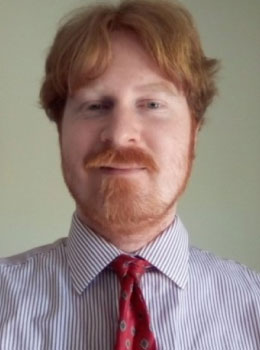
Information for Authors
Submit your Paper View on IEEE Xplore
- IEEE Manuscript Templates for Transactions/Journals can be found here.
- JESTIE follows single-anonymous review process. Therefore authors details need to be added in the manuscript.
- Page-limits for JESTIE manuscripts
- View all instructions
Policies and guidelines
- IES Periodicals Editorial Policy and Guidelines
- Excerpt from IEEE publication policy (All IEEE IPR guidelines)
- Multiple Submission Guidelines (Excerpt from IEEE PSPB Operations Manual)
- IEEE Author Center: IEEE author platform with tools and information.
Special Sections
- Best practice for organizing Special Sections (SS) in IEEE JESTIE
- Prospective SS Guest Editors should contact to EiC as first step.
Special Sections
#007E33 #FF8800 #CC0000
Read the IEEE JESTIE on IEEE Xplore
Latest Issues
- 2024: Jan., Apr., Jul., Oct.
- 2023: Jan., Apr., Jul., Oct.
- 2022: Jan., Apr., Jul., Oct.
- 2021: Jan., Apr., Jul., Oct.
- 2020: Jul., Oct.
JESTIE - Current Emerging Areas
JESTIE invites research papers on emerging areas in all the topics under its scope as listed in http://www.ieee-ies.org/pubs/jestie. The current emerging areas include but are not limited to:
- (i) High frequency power electronics, magnetics, packaging, devices and applications,
- (ii) Battery chargers, battery/supercapacitor/fuel cell-electrolyser integration, battery health monitoring, applications,
- (iii) Industrial electronics in smart grid, micro grid, dc grid, hybrid ac/dc grid,
- (iv) Application of industrial electronics in efficient and cost effective harnessing of energy from solar PV, wind, tidal and small nano/pico hydro systems, energy management,
- (v) Industrial electronics in electric transportation, new motors and controllers,
- (vi) Air, land and sea vehicles, technologies for hybrid/electric aircraft and drones,
- (vii) New power converters for emerging applications (viz. smart grid, e-transportation etc.), fault tolerant converters, tailored dielectrics for power electronics applications, application of artificial intelligence (AI) in power electronics,
- (viii) Soft (data driven) sensors, contact-less sensors, intelligent sensors for industrial applications,
- (ix) Application of neural network and AI in motion control,
- (x) active radio frequency identification (RFID),
- (xi) Hyper-automation, trusted autonomy, flexible manufacturing,
- (xii) Digital transformation, symbiotic autonomous systems, human-centred cyber-physical systems, digital twins (DT), trustworthiness through DTs, industrial artificial intelligence,
- (xiii) Engineering and operation of systems-of-cyber-physical-systems, application of novel service-oriented innovation and business technologies and processes, innovative security-methods and technologies for cyber-physical Information transaction (e.g. block chain),
- (xiv) Seamless human-technology interactions, federated learning as an emerging machine learning paradigm,
- (xv) Reskilling, upskilling, paced education, purpose learning, real-time simulation and virtual laboratories for online teaching.


